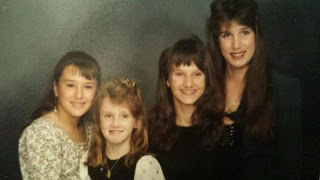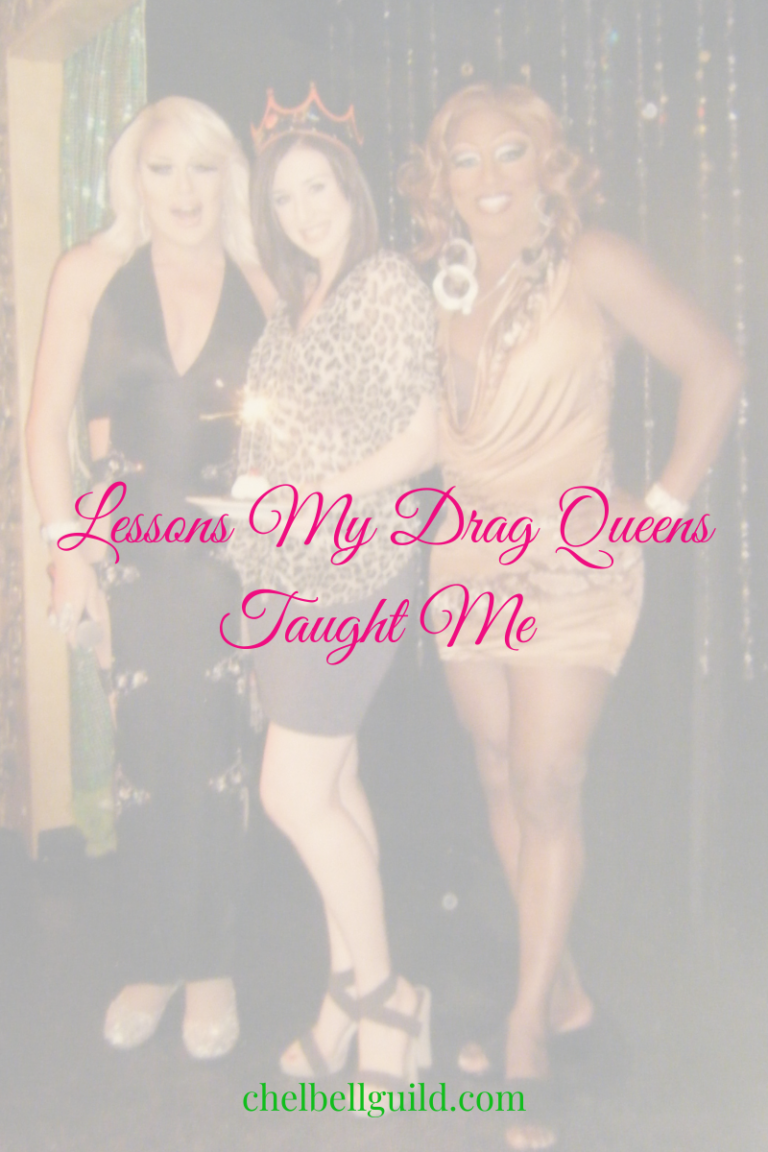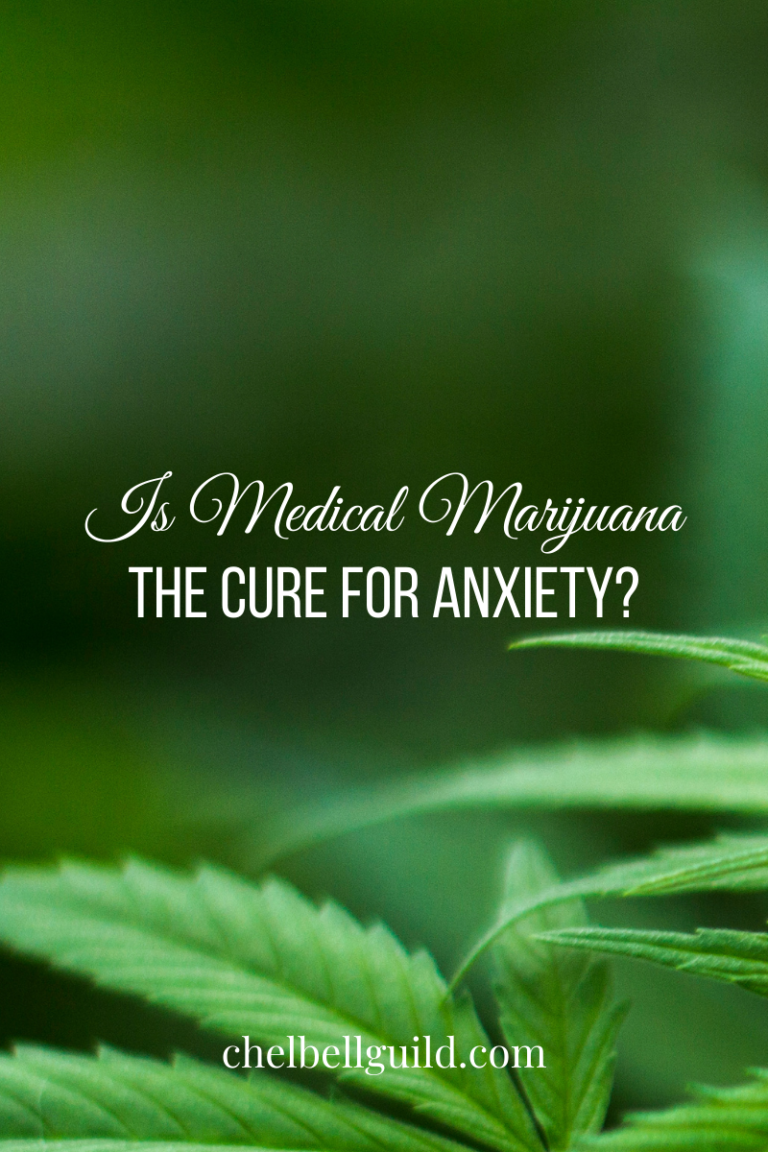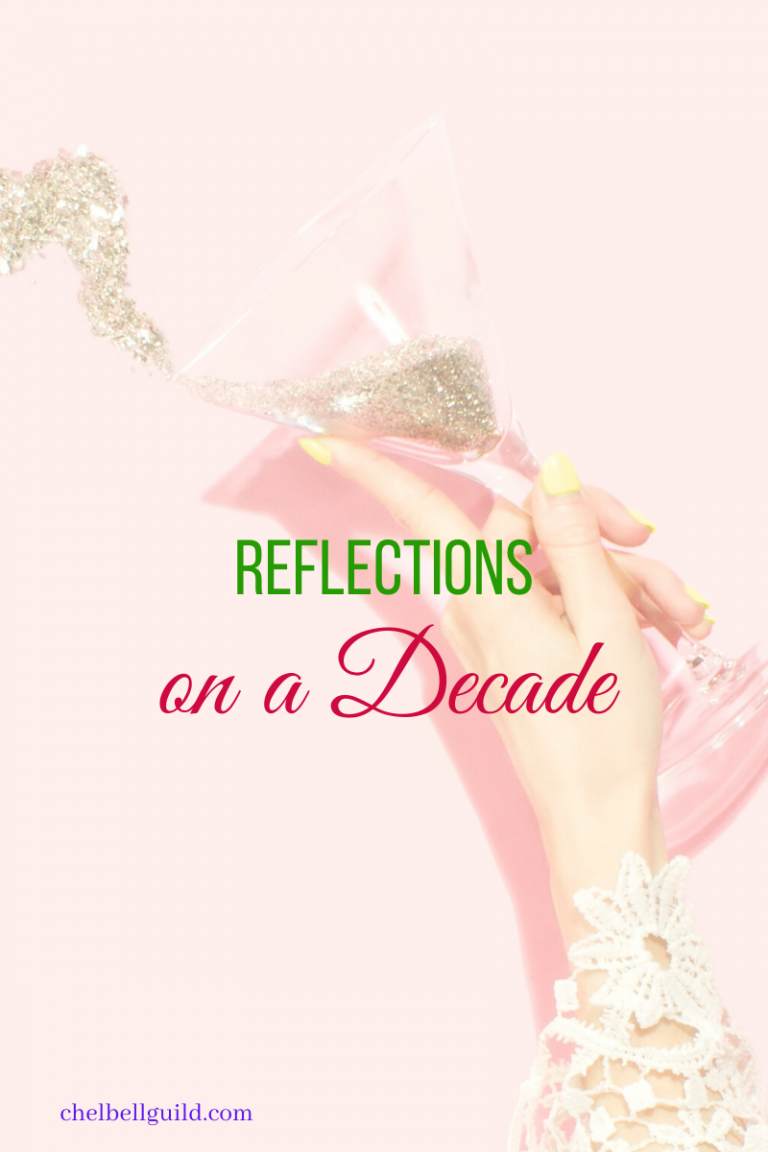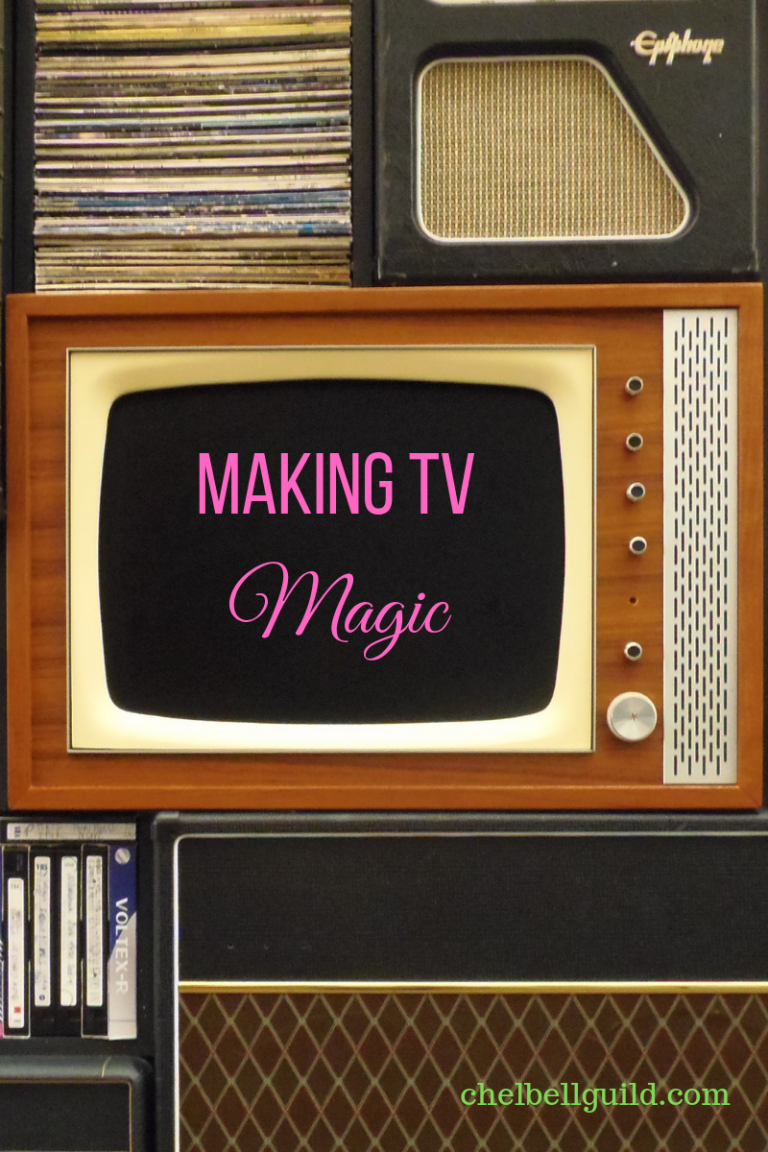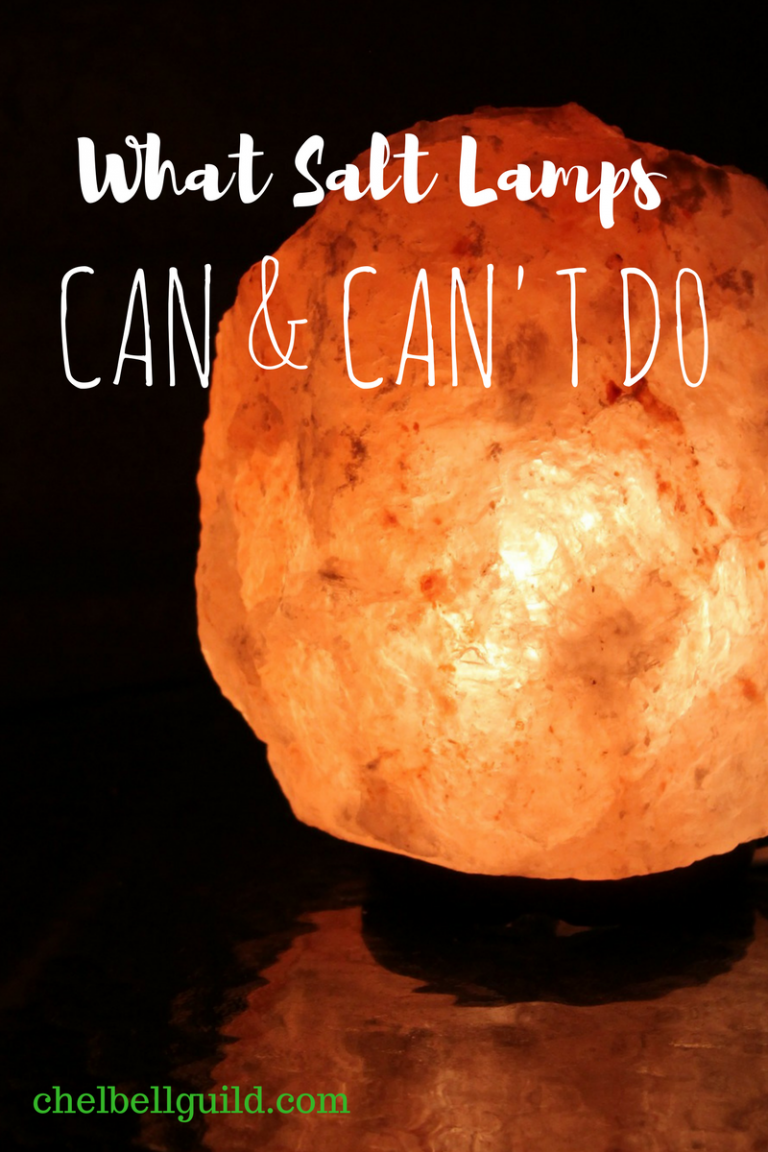Very Much Alive, Part 5
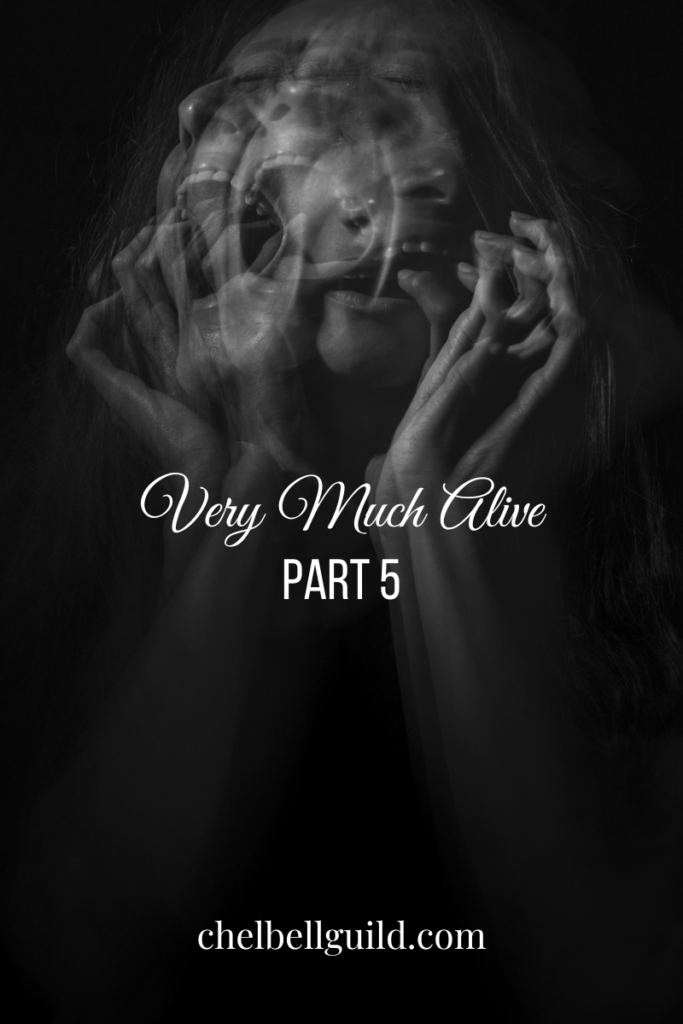
This post is part of a series of journal entries written throughout my mother’s two-and-a-half-year experience with cancer. You can read Part 1 here, Part 2 here, Part 3 here, and Part 4 here.
Navigating Life After Death
After we scattered my mom’s ashes, I returned home to the Miami area to resume caring for my 4-year-old and learn how to navigate life in the “after.” We had only just moved to the area when my Mom’s death became imminent. In fact, part of the reason we moved back to Florida was to be closer to the majority of my family who could assist with childcare so that I could travel to New Mexico where my mother was dying. That sentence makes me just as dizzy as it makes you. With family three hours away by car, it took some strategizing, but it made seeing my mom in her final days possible. Trust me, if we could have found employment in New Mexico, we would have moved there instead.
My husband was still getting used to his role at his new job, one we would learn would always be in a state of flux, but at the time specifically, they were restructuring and his day-to-day schedule was unpredictable. I was often alone with my son and my grieving heart, but more on that later.
An added benefit of moving where we did was being in close proximity to one of my best friends of 20 years. Sure, in recent years, she had seemed less supportive of me (I had to hide and downplay personal achievements lest she compare her perceived failures to my perceived successes and spiral into self-loathing) and more cynical about life in general (people were always out to get her and no one seemed to have her best interest at heart), but I trusted that once we got together in person, all of that would fade away. Cue the foreboding music. It did not.

The End of an Era
Our visits were strained and it wasn’t long before her paranoia got the best of her. I had uprooted my life, was trying to get back on solid ground after my relocation and my mother’s death, and yet I found myself constantly making extra effort to include and reassure my friend. Here’s the thing about the kind of earth-shattering grief that brings you to your breaking point: you run out of fucks to give.
It took me a long time to see it, even when others had lost patience with our mutual friend’s antics, I had looked past decades of insecurity, jealousy, and possessive behavior, that she admitted to openly, all because she was loyal, dependable, and generous. I valued those traits and they seemed hard to come by. I let them erase all the bad because nobody’s perfect, right? She had good intentions and we had invested a lot into our friendship. We had been there for each other’s biggest milestones, so I didn’t want to throw it all away. Yet I noticed that she was a much better friend when things were going badly in my life. When things were good, she didn’t know what to do with me, and when they were really good, she was actually upset. I do not believe she was calculating, manipulative, or even aware of any of this, that is, until I brought it up, which went about as well as you can imagine.
At first, I decided I simply needed space from her. I had no intention of setting fire to our friendship. I just didn’t have the energy to deal with it at the time, but she was persistent and could feel me pulling away, so we had to address it head-on. I hoped to be straightforward, but to her, I came off as cruel. Knowing that she had a tendency to catastrophize, I tried to choose my words carefully, but there was nothing I could possibly say to soften this blow. The conversation dragged on because she was clinging to the idea that we could fix our friendship. She didn’t seem to understand what I was saying and I couldn’t make myself any clearer. I was exhausted by life and grief, my brain constantly reorganizing what actually mattered anymore. So one day, our last conversation was actually our very last one. It was my choice, but still, it was another thing to throw on top of the grief mountain.
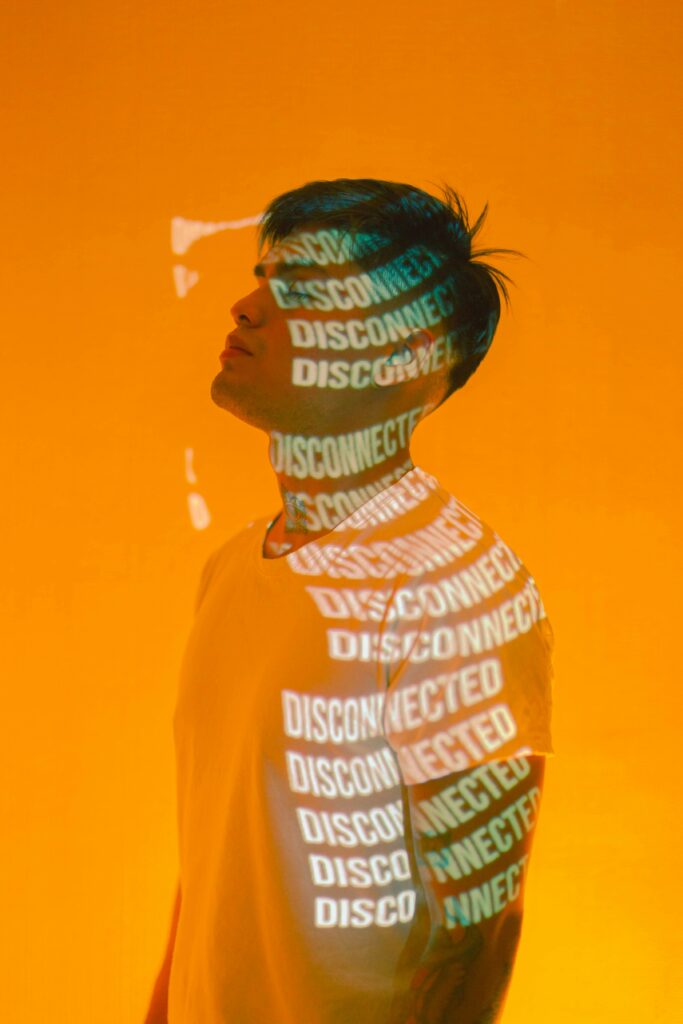
The Big Letdown
I had high hopes for my new life in South Florida, living out my bestie fantasies with two long-time friends that lived nearby. Now one was gone, and soon the other would follow. These are called secondary losses in grief counseling, though in my case, the problems already existed and grief simply amplified them. In the two and a half years that I lived there, the other bestie never came to see me once. If I was willing to drive the hour to see her, she would have me, but that was as much as I would get.
In the background of all of this were a few very offended family members that assumed our move back to the state meant we would be seeing each other all the time and absolutely could not comprehend my nuclear family’s overwhelm. They felt rejected and acted childishly, but you might remember I had fewer fucks to give, so I was not interested in reassuring them.
They say that when you experience a loss, you also experience 20 to 30 secondary losses. If you don’t understand why or how this could be, consider yourself lucky.
So I was starting from scratch in every way. My husband’s career was taking off and so many dreams had come to fruition that my gratitude and simultaneous depression made for a complicated time to be alive. I am aware of how incredibly privileged I was, but grief affects the neurotransmitters unlike any other emotion.

And Then My Brain Betrayed Me
This wasn’t the “I-can’t-get-out-of-bed” flavor of depression you see on TV. I still had a child and a dog that relied on me daily, so I managed to put one foot in front of the other. High-functioning depression, you might say. Maybe it was compartmentalization or maybe disassociation that helped me cope. This particular flavor of sadness manifested as an existential crisis coupled with intrusive thoughts that made me scared to be alone with myself. I wasn’t afraid that I would hurt my child, only that I might hurt him by taking away his mother.
For those who haven’t experienced this, I wasn’t sitting around thinking, “My mom is dead, I have no friends, my life sucks, so I might as well kill myself.” Sure, I was thinking about how to make sense of the world and my place in it. I was wondering why I had been given so many lessons, opportunities for growth, and awakenings if I couldn’t find people who understood or gave a shit. I wondered how to exist in a world that cared so much about road rage, protecting egos, and keeping up with the Joneses. The suicidal ideations, however, happened when I wasn’t thinking at all. The visions and urges felt as impulsive as breathing. They felt like a byproduct of my thought process, but mostly, they felt like the chemicals in my body were betraying me.
If medication has helped you, great. I’m sure it could have helped me, too, but I had concerns about taking anything. On the other hand, I knew that I needed something stronger than talk therapy, even though I am normally a huge advocate of counseling. I got the name of a psychiatrist from my insurance, but when I went in, I realized I was in some sort of pain management facility that churned out addicts, supposedly helping combat veterans, but also piss-testing everyone that walked in the door. The crackling fluorescent lightbulbs and workman’s comp posters in the lobby were my first red flags.

What is Happening Right Now?
I was assigned to a very small, impersonal room (red flag number two), where eventually, a nurse practitioner whose face was so inflated by injectables that she could barely talk (red flag number three), listened to me for five minutes before telling me I had bipolar II (red flag number four). I questioned her by saying the only people I ever knew with bipolar were erratic and violent, but she explained that was bipolar I and this was different. She whipped out her prescription pad (red flag number five), but stared at me incredulously when I told her I didn’t know if I wanted to take anything (red flag number six). It was as if no one went there with any intention other than obtaining meds. I shared my fears about side effects, to which she only talked about some of the pills causing weight gain (red flag number seven), something that hadn’t even been on my radar. I said I didn’t want to dull the best parts of myself, the upbeat, energetic, inspired parts…She said that’s what people with bipolar say (not sure if that’s red flag number eight or if I just got schooled).
I told her I’d like to research the names of the medications she was suggesting. These weren’t antidepressants; these were antipsychotics. These were drugs meant to help people in a state of psychosis. Was I in psychosis? It’s true that I didn’t feel safe in my own mind, and I had to wonder if I was actually the reason I was losing friends… If I was psychotic though, how were they legally allowed to let me drive away, and to take care of a minor child? I had always envisioned people in psychosis as running naked through the streets, mumbling incoherently, throwing their own feces…but as with everything, mental illness is on a spectrum. You can be a little bit psychotic, right? Everybody starts somewhere…Maybe that was the answer.
I initially felt a sense of relief at the idea of a diagnosis. If you can name it, you can deal with it after all. This suddenly explained so much, but it also seemed very convenient that “bipolar II” was a recent buzzword in mental health and that these new drugs were being marketed in every other commercial on TV. Was I just a cog in the pharmaceutical machine? Or is that a question a delusional person would ask?
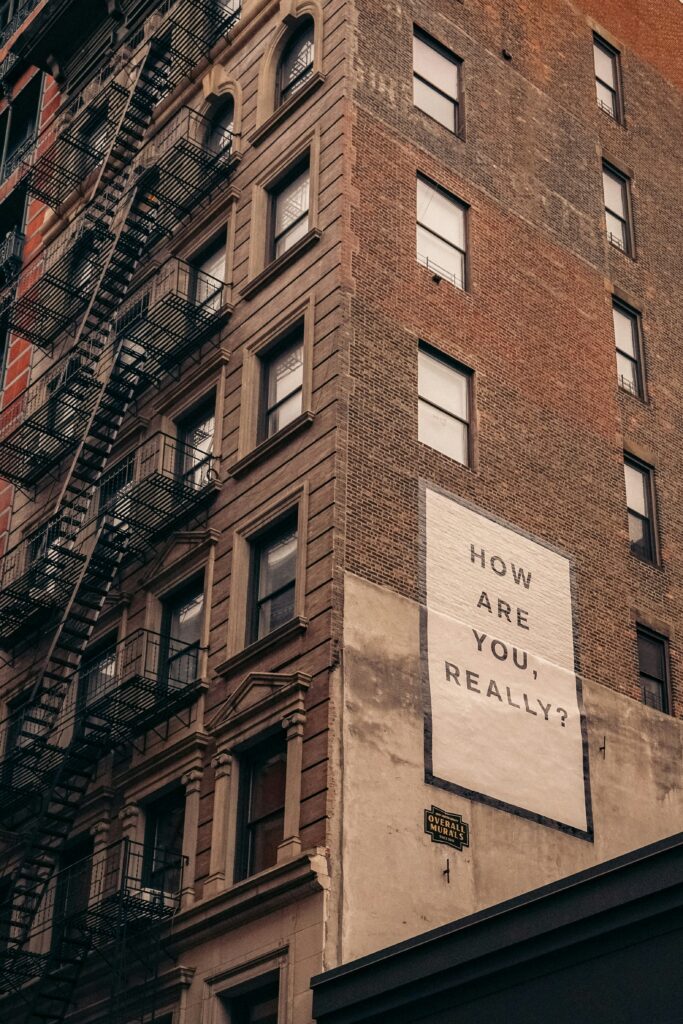
I also talked to the friends and family that knew me best and they said it didn’t sound accurate. I decided to trust their assessments and the seven (or eight) red flags and assume the nurse practitioner was wrong. I truly thought I was going to have a few sessions with, and be monitored by, an actual psychiatrist before coming to any conclusions.
Soon after, a friend that struggled with bulimia and was trapped in an abusive marriage walked into a primary care doctor, that she had never met before, and walked out with a bipolar II diagnosis and pills. How, then, could I take this seriously?
Onward
I still don’t know. I do know that I was experiencing acute, complicated grief, which is its own animal. I know that after seeing a solution-oriented, grief therapist and attending a 14-week grief support group, I no longer had suicidal ideations and I had a renewed sense of purpose. I formed relationships with grievers and death-aware folks all over the world, thanks social media, which is normally a cesspool, but in this instance brought connection at a time when I felt completely untethered. It’s this population that appreciates the fragility of life in a way no one else can. They know what matters, or at the very least, what doesn’t.
I discovered that grief isn’t pathological, that I wasn’t broken, and that if others don’t grieve the way that I did (and still do), it doesn’t mean they were any less sad or doing it wrong. Grief is personal and there’s a wide range of possible symptoms that are all totally normal.
In a few short years, I would become a certified death doula and a certified grief educator myself, with the hope of shining a light in the darkness, the way others had for me.
My mother died from cancer on September 17, 2018. You can read more from this journal in upcoming posts.

